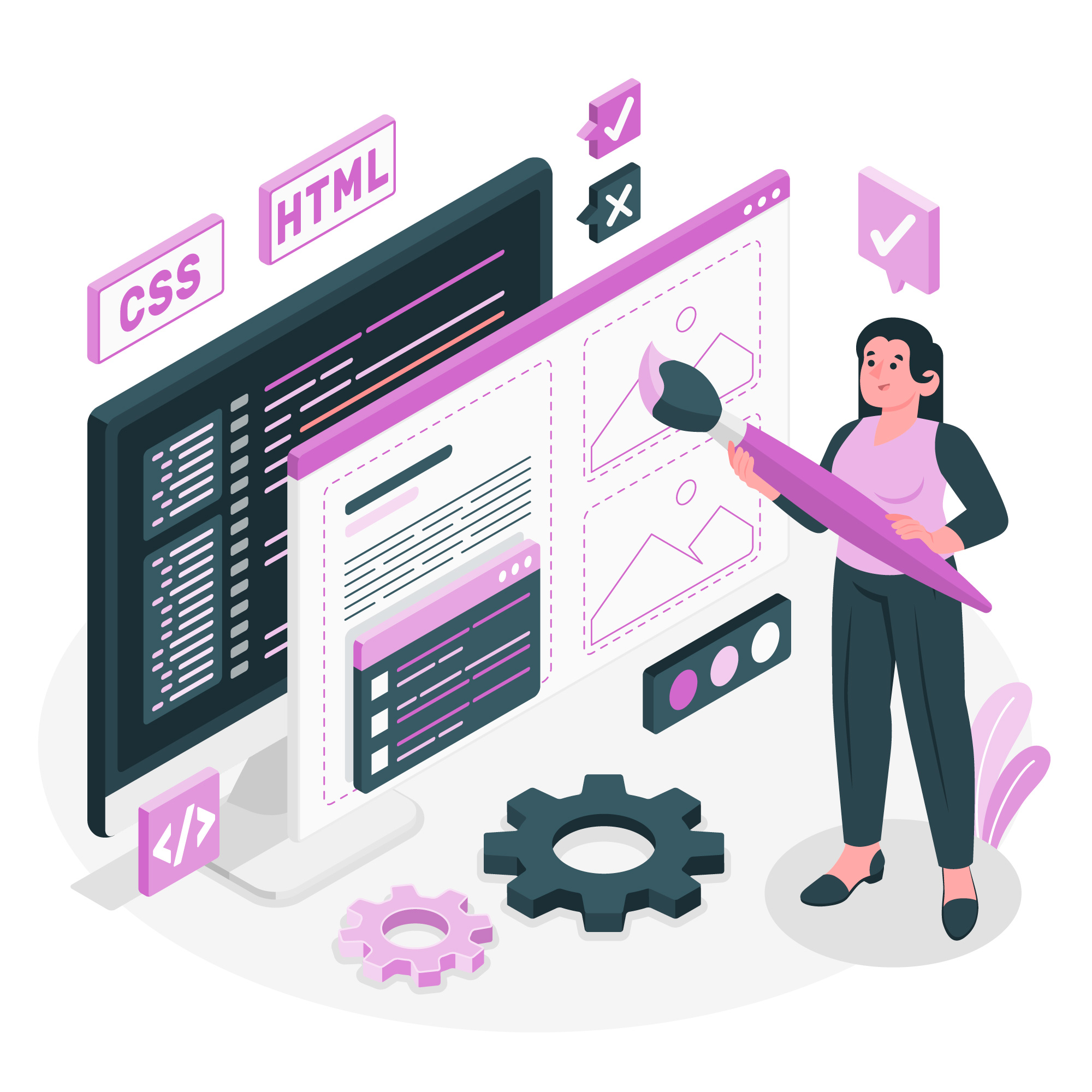Best Language for Web Development Backend 2024
1. Python
In 2024, Python will still be the most popular language for backend development because of its many library support, readability, and adaptability.- Ease of Learning: Python is a great option for both novice and seasoned developers because to its clear syntax and readability.
- Versatility: Python is excellent in a wide range of fields, including web development, data research, and machine learning.
- Rich Ecosystem: Sturdy tools for backend development are provided by frameworks like Flask and Django.
- AI and Machine Learning Integration: Python is a great choice for projects that need intelligent features because of its extensive use in AI.
2. Node.js, a JavaScript script
JavaScript has become a full-stack development powerhouse with Node.js, enabling developers to work with a single language throughout the web stack.- Full-Stack Development: Simplify development procedures by using JavaScript for both frontend and backend.
- Non-Blocking I/O: Node.js is a great tool for managing concurrent connections because of its event-driven, non-blocking I/O style.
- Huge Package Ecosystem Numerous open-source modules and tools are available through npm (Node Package Manager).
- Real-Time apps: Perfect for creating push-based, real-time apps such as game servers and chat rooms.
3. Go (Golang)
Go has become very popular in backend programming, particularly for creating high-performance apps and microservices.- Performance: Go is incredibly fast due to its compiled nature and effective memory management.
- Concurrency: Goroutines and channels are built-in for concurrent programming support.
- Simplicity: Writing clear, maintainable code is made simple by Go's simple syntax and built-in library.
- Cross-Compilation: Construct Go code for several platforms with ease.
4. Rust
Rust is starting to make a big impact in online backend development and has been gaining traction in systems programming.- Memory Safety: Without a garbage collector, Rust's ownership model guarantees memory safety.
- Performance: Provides higher-level abstractions with performance that is on par with C and C++.
- Concurrency: The language has built-in support for safe and effective concurrency.
- Expanding Web Ecosystem: Rust is becoming a more attractive option for web development as frameworks like Actix and Rocket mature.

5. Java
Due to its vast ecosystem, stability, and performance, Java continues to be a reliable choice for enterprise backend development.- Platform Independence: Java programs can execute on any platform that has a JVM thanks to the "write once, run anywhere" (WORA) principle.
- Rich Ecosystem: Experienced frameworks, such as Spring Boot, offer strong resources for developing enterprise-level software.
- Strong OOP and typing skills make it easier to create sizable, maintainable codebases.
- Performance: For long-running applications, modern JVMs provide outstanding performance.
6. C#
Backend developers are still considering Microsoft C#, especially with the cross-platform.NET Core framework.- Cross-Platform Development: C# programs may operate on Windows, Linux, and macOS thanks to.NET Core.
- Performance: Provides excellent performance, particularly for servers running Windows.
- Language Features: Async/await and LINQ, two contemporary language features, increase efficiency.
- Robust Typing: Enhances code maintainability and assists in identifying mistakes during compilation.
7. Ruby
- Productivity of Developers: Ruby's syntax is intended to make developers happy and efficient.
- Ruby on Rails: The Rails framework offers a reliable web development method that prioritizes conventions over configurations.
- Robust Community: The language and its ecosystem are still being supported and developed by a dedicated community.
- Rapid prototyping is a great way to create MVPs and prototypes quickly.




